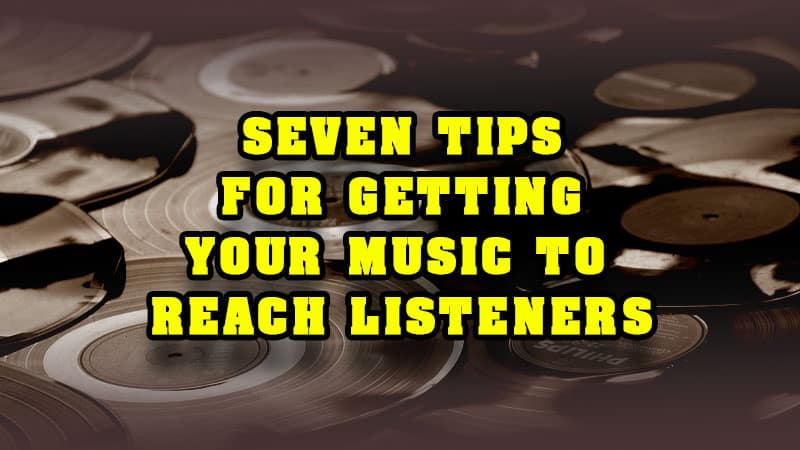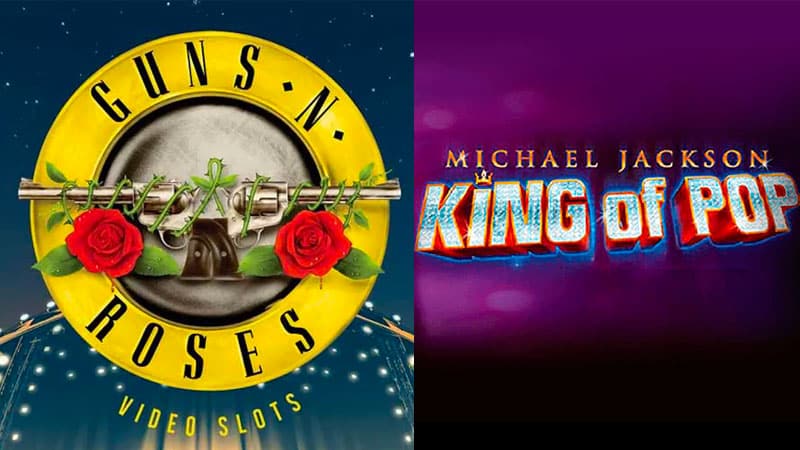The following is provided by Alex Heiche, CEO and founder of Sound Royalties, a company working to transform the way that music professionals fund their creativity. A lifetime member of the Songwriters Hall of Fame and Nashville Songwriters Association International (NSAI), Heiche is a strong and outspoken advocate for the rights of songwriters, producers and artists, and the importance of those in the creative world being fairly compensated for their work.
If you are someone who provides services of any type, then you expect to be fully paid for that work, right? Unfortunately, given the convoluted world of music royalties, that is often not the case for the industry’s songwriting professionals, even some of its most successful artists.
According to recent reports, a shocking 20-50 percent of music payments never actually make it to their rightful owners.
How can this be? Why are so many payments going uncollected? Most importantly – are YOU collecting all of your music royalties?
Every day, my team at Sound Royalties reviews dozens of revenue and royalty streams for some of the industry’s top songwriters, producers and artists in order to help forecast their future earnings. Through this process, we have discovered a troubling issue that arises with startling frequency—mass amounts of unclaimed, undistributed and unpaid royalties.
There are many different reasons why royalties might not make it back to music professionals. The various hang-ups behind this problem often make them difficult to find. But at a recent publishers meeting, a seemingly simple question shined a light on what I believe to be the single biggest problem area and largest pool of unpaid publishing royalties in the industry today – NOIs.
Surrounded by a group of savvy industry publishers, I was greatly surprised how many of them were not familiar with NOIs and not actively researching them for their clients. A mere two out of one hundred raised their hands when asked these questions.
So what are NOIs, and why should you care? An NOI is a “Notice of Intention” to secure a compulsory license and is a public notice identified in section 115(b) of title 17 of the United States Code.
When a digital provider streams music, he or she is obligated to secure this compulsory license from the work’s publisher. In instances where they cannot locate the publisher, they are allowed to file Notice of Intentions (NOIs), and these NOIs are allowed to be filed in bulk.
Tens of millions of them have been and continue to be issued. If the response I received at the publishers meeting is any indication about the industry’s awareness of them, then very few of these royalties are actually making their way into the pockets of their rightful owners.
This is one reason Sound Royalties has been able to uncover over $19 million in unclaimed royalties for a broad spectrum of music industry performers, songwriters and producers.
Another twist that makes the NOI issue even more concerning is that when a songwriter pens a song, he or she registers it with the U.S. Copyright Office. The average processing time for a hardcopy registration like this is 10 months. I have even heard horror stories of this taking up to two years for works to be fully registered and searchable in the Copyright Office’s database.
This would mean that the only way for a copyright owner to earn money off a song in its first two years on the market is to identify themselves to the streaming services when the works are listed through these NOI public notices.
The good news is that NOIs filed with the U.S. Copyright Office are available online. These lists can be downloaded, merged and searched, and since major companies including Spotify, Amazon and Google are filing them daily, it makes sense to check in on them frequently.
However, just one glance at the online database reveals just how tedious this process can be to manage by yourself. There are companies that will do this for you, for a fee. But after discovering and being disturbed by the breadth of this problem, my team has decided to offer this service for free to music professionals earning over $5,000 a year or more in royalties. For Sound Royalties, we take pride in alerting creatives to their unclaimed monies that we discover, and to help them rightly recover those funds.
While these services are important, they are ultimately just a Band-Aid on a much bigger issue. As passionate advocates for musicians’ rights, our overarching goal is to raise awareness about these issues.





